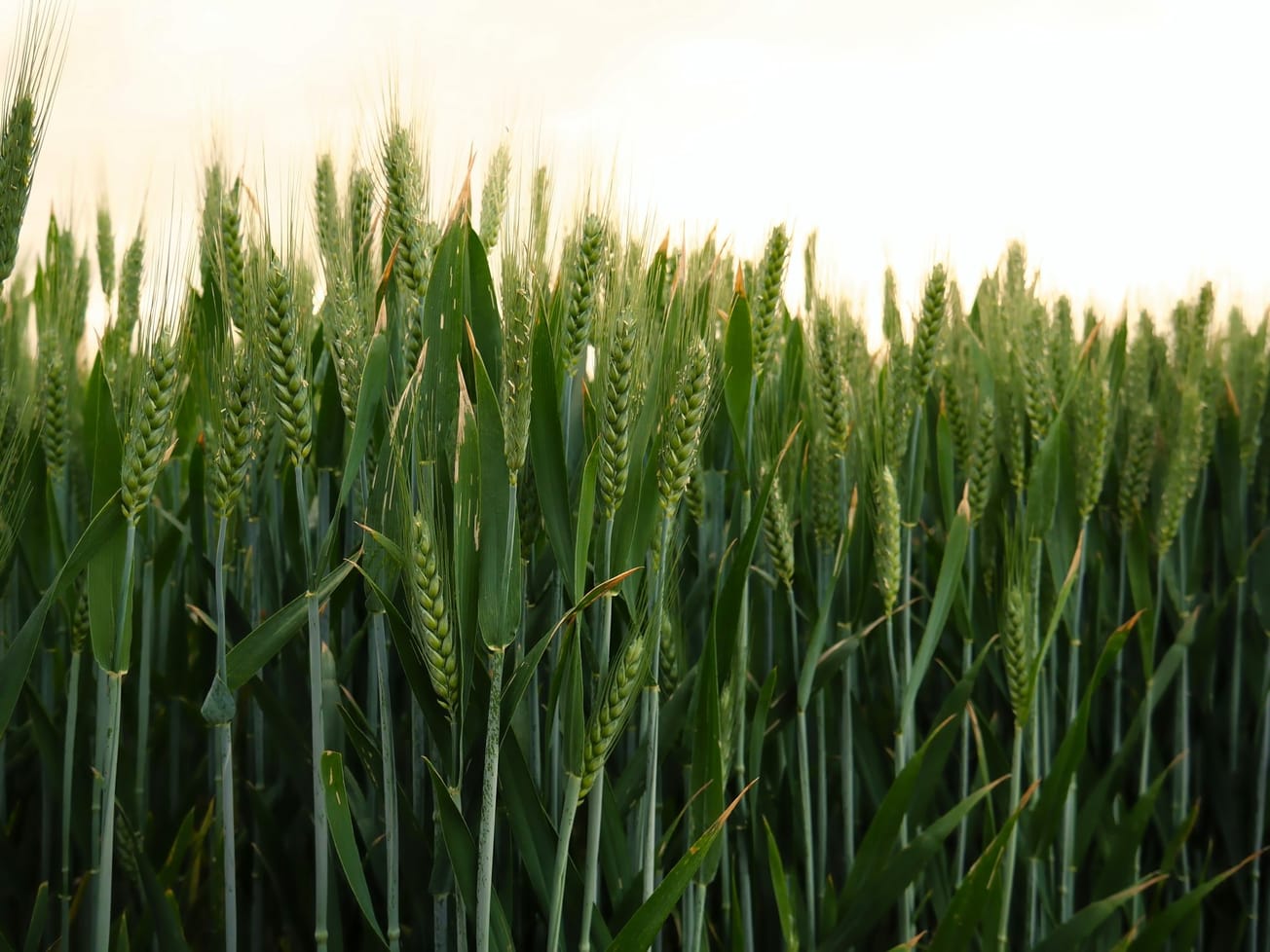GENEVA (AN) — The U.N. Intergovernmental Panel on Climate Change recommended sweeping changes globally in food consumption and land use to reduce greenhouse gas emissions causing the planet to overheat.
The Nobel-prize winning IPCC, whose work synthesizes the findings from thousands of scientists and scientific papers, detailed its recommendations in a new special report on Thursday about the intersection between the climate crisis and poor land use.







